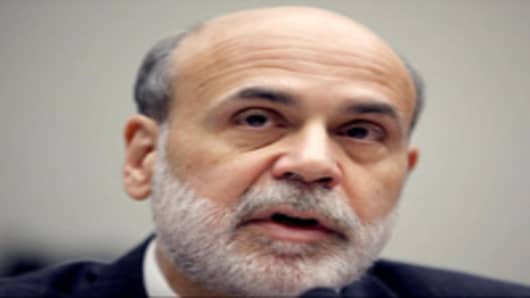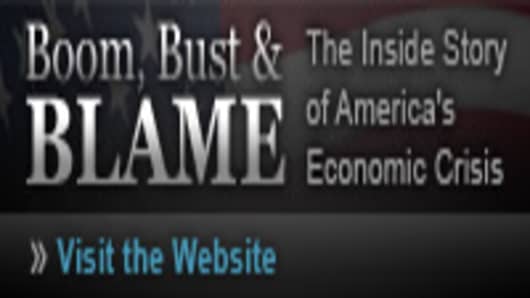“He was in on the sale pitch and that's not the job of the Fed,” says Dean Baker, co-director of the Center for Economic and Policy Research. “In some ways Bernanke was more central to the crisis story than Paulson. It's perfectly reasonable to say, ‘You have a lot to answer for. We really want to scrutinize this.’”
"He put TARP over the edge," adds Calabria. "If it was just Paulson it wouldn't have happened."
What’s more Bernanke is now the man of a different president, one whose policy and personality ratings have declined in recent months. Bernanke has to also answer for that—especially since many say he went beyond being a team player to win Obama’s support for a second term.
Given all that, the timing is bad for Bernanke’s confirmation. Analysts say he'll very likely squeak by with enough votes on the Senate floor, but it won't be pretty.
The state of the economy is neither good nor promising. The crisis is over and the worst of the past largely forgotten. Firemen like Bernanke can put out fires and provide insurance of sorts but they can’t rebuild the house. He can't create jobs, either.
Politics has eclipsed policy and second-guessing first instincts. Oddly enough, Bernanke seems to have more critics today then when he was standing in the fire.
“You think back a year, 15 months ago, there were some really scary times,” says veteran independent banking analyst Bert Ely, who like many is not enthusiastic about either his appreciation or criticism of Bernanke. “The Fed has become more politicized and whoever was chairman would have run into some of this stuff.”
In the midst of the Senate Banking committee’s 16-7 affirmative vote on Bernanke’s re-nomination Thursday—an event that aptly captured the politics and populism of the times—Sen. Bob Corker (R-Tenn.) summed up the Bernanke conundrum perfectly.
“If we were going to basically fire all regulators that made mistakes, we'd have to start with a clean slate, and I don't think there's any regulator that didn't make mistakes leading up to this. Do I think that the experience that Chairman Bernanke has had over the last year and a half makes him by far of the people I know of the most well-equipped person to lead the Fed over the next several years? I do. I don't know of anybody I could think of that would be better after what has occurred. Did he make mistakes? Absolutely.“




